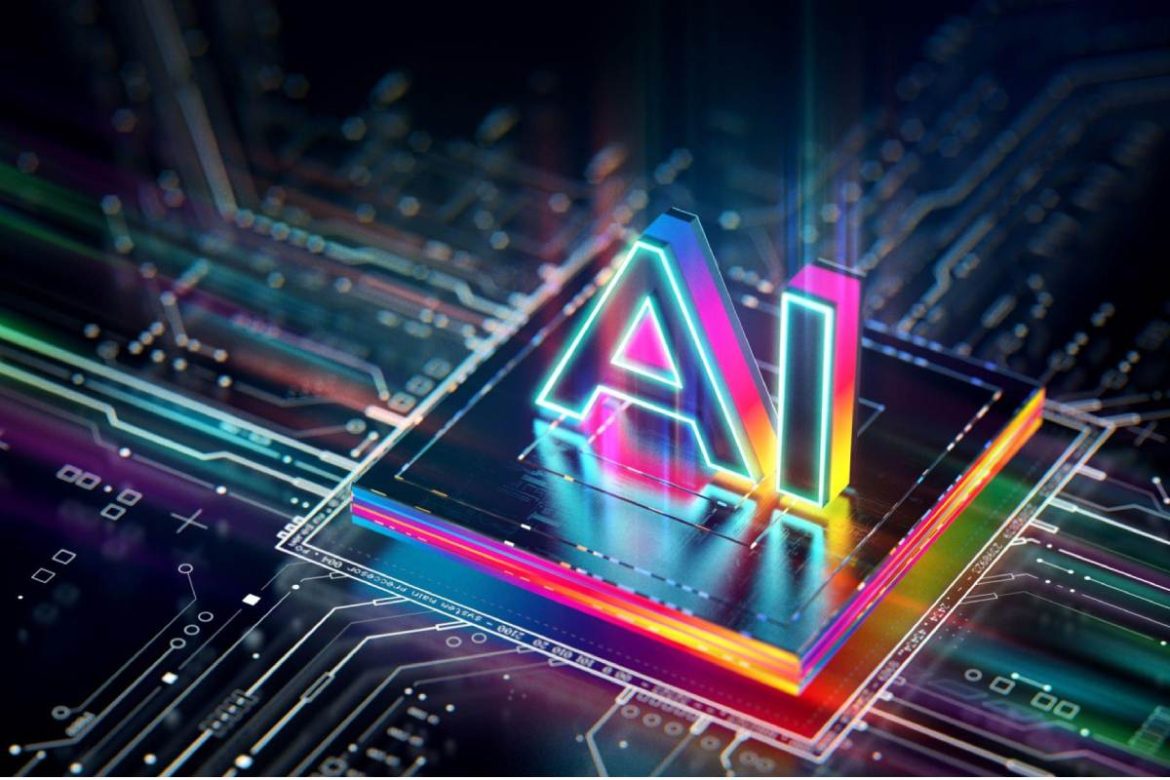Industries Where AI is Making Waves – Artificial intelligence as a concept has been in the news quite a bit recently, largely because of the launch of the online tool ChatGPT. What began life as largely just a sophisticated chatbot has already significantly impacted marketing, customer service, and even the entertainment industry. Things have gotten to the point where one has to wonder, “Are there any industries that aren’t feeling the impact of AI right now?”
In a word: no.
The fact of the matter is that artificial intelligence is no longer science fiction – it is firmly science fact. It’s already changing the world and will continue to do so, moving forward rapidly. Not only that, but it’s also having a major impact on a number of industries in particular, including a few that may surprise people who haven’t been tracking its evolution over the last few years.
1. The Impact of AI in Real Estate
When you think about the potential fields that artificial intelligence could be poised to disrupt, AI in real estate isn’t necessarily the first thing that comes to mind. It’s actually already doing that for both buyers and sellers alike. Not in a way that removes the human element from the equation – far from it. Instead, AI tools are being used to support and empower those working in and around the real estate industry on a daily basis.
AI is already being used to automate a lot of the important (but time-consuming) menial tasks so that workers can focus more on matters that truly need their attention. If you can improve efficiency by automating much of the tenant screening process for a rental community, for example, you free up more hours in a day to focus on improving the experience for the tenants you already have. Not only that, but you probably end up with a higher caliber of potential renters far faster than ever, too.
AI in real estate can also improve efficiency in other ways. It can be used to generate personalized listings, more accurately price properties based on the current and ever-changing market conditions, and even be a more accurate way for investors to assess risk before making a move.
2. Shaping the Future of Healthcare
Healthcare is another area that is also benefiting enormously from the AI revolution that is currently taking place. Based on decades worth of available data from research studies on various conditions, AI can be used to develop new treatments that otherwise may have been years away. Similarly, artificial intelligence can be used to diagnose diseases faster and more efficiently than even veteran medical professionals could do on their own.
The faster a doctor knows what condition a person is facing, the sooner they can begin potentially life-saving treatment. This in and of itself may be the most important benefit of all.
AI can also be used to provide personalized care on a patient-by-patient basis. By running someone’s detailed medical history through an AI tool, it can be used to analyze medical images, identify patterns that may have otherwise gone undiscovered, and make recommended treatment options based on objective facts.
3. The Financial Factor
Finally, the financial sector is another great example of one of the industries where artificial intelligence is currently making waves. Again, a major recurring theme regarding how AI is being used has to do with automation. If you can automate trading on behalf of a financial professional, for example, they can focus their attention less on administrative tasks and more on their clients. This can also help eliminate human error from something as fragile as the trading process.
Similarly to AI in real estate, artificial intelligence in finance can also be used to manage risk more effectively. There are already tools being trained to help provide more forward-thinking financial advice, too. Artificial intelligence can be used to analyze market data, for example, almost in real time. Given the fast-paced nature of most markets, a human would naturally still need time to process this information, which is also constantly changing.
As the speed at which you understand the current conditions of the market increases, so does your ability to identify trends regarding where things might be headed. This puts you in a better position to capitalize on those trends as soon as they appear, as opposed to being forced to watch some of them pass you by. This can help someone make better and more informed trading decisions, which is a large part of a financial professional’s job in the first place.
In the end, these are just a few of the industries where AI is currently changing the way we think on a daily basis. When people first started talking about the artificial intelligence and automation revolution many years ago, it was common to assume that most of the disruption would be directed toward manufacturing and other industrial positions. It turns out there are few fields that will be left untouched by the innovation that AI has quickly become known for.
Having said that, “disruption” is only a negative if you allow it to be. By capitalizing on the types of tools that are already available, those in fields like real estate, healthcare, and even the financial sector can work“smarter, not harder” on a daily basis. This helps create a mutually beneficial situation for everyone involved.


